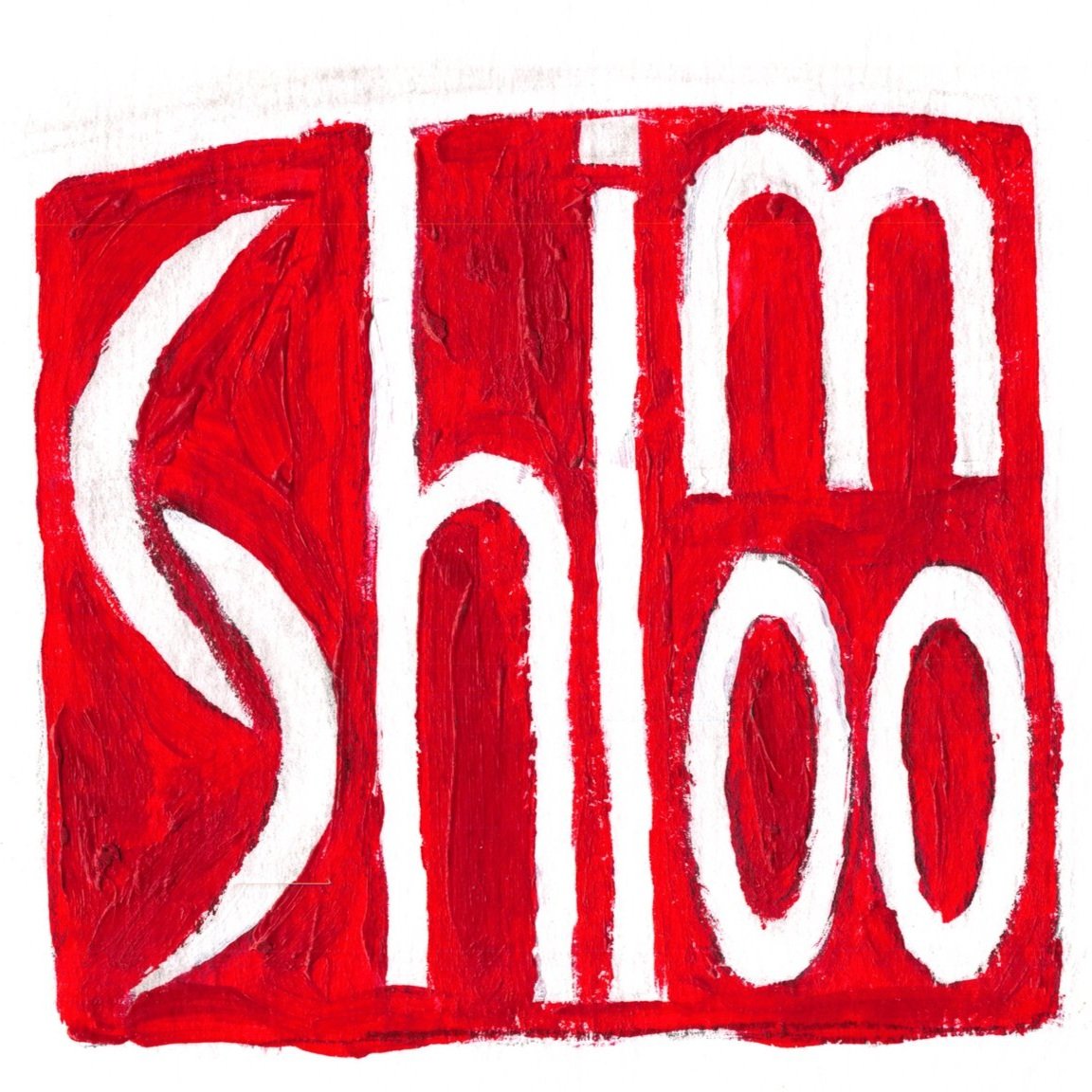Self authoring by combining the best of two cultures
In my coaching, I sometimes joke that if Koreans and Americans were characters in a play, the Korean might be cast as “The Slave” — the tireless, obedient worker who sacrifices everything for the group — and the American might be cast as “The Sloth” — the relaxed, self prioritizing individual who values freedom above all.
Both are caricatures, and both represent the negative extremes of otherwise admirable qualities. The Slave’s loyalty and drive turn into overwork and unquestioning obedience. The Sloth’s independence and balance turn into detachment and self protection.
Here is the opportunity, especially for Asian Americans: when we move beyond the Cultural Clouds that keep us stuck in these extremes, we can combine the best of both. We can be both individualistic and deeply collaborative, both self driven and committed to the team. That is when leadership becomes truly cross cultural and powerful.
In 2023, I ran a small but telling survey. I asked two groups:
Koreans who have worked with Americans
Americans who have worked with Koreans
Eighteen Koreans and eleven Americans answered. Their responses were candid, sometimes blunt, and closely matched what I see in my coaching with Asian American leaders.
What Americans See in Koreans
Americans in the survey admired Korean colleagues for being results driven, hardworking, respectful, connected, and fast paced. But they also described them as hierarchical, overworked, rigid, political, risk averse, and reluctant to challenge authority.
One person wrote, “Nobody is willing to challenge the system.” Another said, “Overworking is expected, work comes before everything else.”
These observations reflect deep currents in Asian culture:
Filial piety — respect for authority and elders, which often translates into reluctance to question or push back
Group based thinking — prioritizing harmony and collective identity over personal voice
Deference to hierarchical norms — clarity of roles, but at the cost of autonomy and creative risk taking
When overused, these values can pull leaders toward the Slave extreme - sacrificing independent thought for the sake of duty and compliance.
What Koreans See in Americans
Koreans in the survey praised Americans for their autonomy, inclusiveness, collaboration, and innovation. But they also saw them as too individualistic, too focused on work-life balance, lacking detail, and sometimes slow because of too many “why” questions.
One wrote, “They care more about personal interests than work.” Another said, “They ask too many questions on why they have to do this rather than doing it fast and well.”
To Koreans raised in a culture where unity is paramount, the American style of deciding what matters, setting personal limits, and questioning the process can look self centered or inefficient. In its extreme form, it leans toward the Sloth — disengaged, prioritizing self over shared goals.
Why This Matters for Asian American Leadership
Asian Americans often inherit both sets of values — the Korean style emphasis on hierarchy, deference, and group harmony, and the American style emphasis on autonomy, questioning, and personal agency. This mix can be powerful, but also a constant tug of war.
In my coaching, I often see Asian American leaders:
Feel the need to be the best at everything
Pursue a narrow concept of success, often aimlessly, such as academic prestige or “safe” career choices
Struggle to ask for help, share mistakes, or promote themselves
Avoid disagreeing, challenging authority, giving critical feedback, or setting boundaries
Rely too much on individual expertise without leveraging relationships
Emotionally distance themselves or lean into extreme individualism
Become unusually blunt or harsh in communication when stressed
These are not random tendencies. They are echoes of the same traits Americans in the survey noticed about Koreans, and Koreans noticed about Americans. They are Cultural Clouds that can keep leaders trapped in one extreme or the other.
I once worked with a senior leader who had built an impressive career yet felt “stuck.” She could execute flawlessly but froze when she needed to push back on her CEO. She told me, “I feel like I would be betraying my upbringing if I openly disagreed.” That is a Cultural Cloud in action — a pull toward the Slave side even in an environment that values independent thought.
Clearing Cultural Clouds
Self authoring, as Robert Kegan describes it, is the move from the socialized mind, shaped by external authority and inherited norms, to the self authored mind, guided by one’s own values and principles.
For Asian American leaders, clearing cultural clouds does not mean abandoning heritage. It means integrating it.
From the Korean side, keep commitment, perseverance, respect, and care for the group
From the American side, keep autonomy, curiosity, and the courage to set your own course
The first step is noticing when you are running on cultural autopilot.
When these strengths meet, we are no longer playing either stereotype. We are building a leadership style that is motivated and balanced, hardworking and self authored. That is the most efficient, sustainable, and truly cross cultural way to lead.

